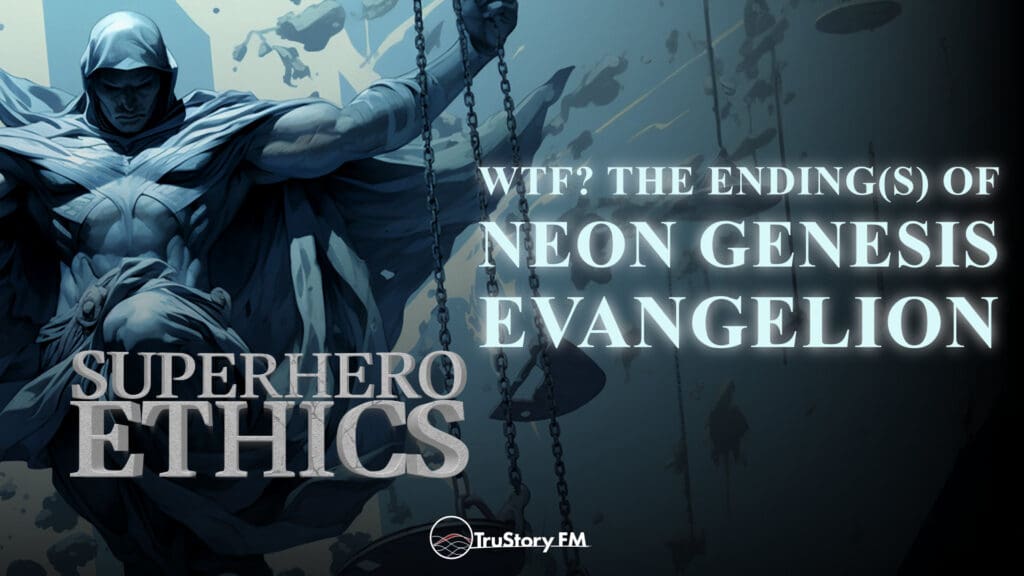Matthew Fox and Riki Hayashi explore the profound philosophical themes and controversial endings of the influential anime series Neon Genesis Evangelion. From its groundbreaking original TV finale to the theatrical response film The End of Evangelion, we unpack how creator Hideaki Anno’s personal struggles with depression shaped one of anime’s most debated conclusions.
What makes the controversial ending of Neon Genesis Evangelion so impactful? We examine how the series transforms from a traditional mecha anime into a deeply psychological exploration of depression, trauma, and self-acceptance. The final two episodes abandon conventional narrative for an internal journey into protagonist Shinji’s psyche, culminating in a powerful message about choosing individual identity over collective consciousness.
How does The End of Evangelion serve as both a response to fan backlash and an artistic statement? We discuss how the theatrical film offers a darker, more explicit version of the TV ending while incorporating actual death threats and hate mail the creators received. The movie provides closure for plot threads while still challenging audience expectations about what they want versus what the artist needs to express.
Why does this series continue to resonate with audiences decades later? We explore how Anno’s authentic portrayal of depression and journey toward self-acceptance created something far more profound than typical genre fare, even if it frustrated fans at the time.
Other topics covered:
- The cultural context and potential issues around the show’s use of Jewish & Christian imagery
- The significance of the Human Instrumentality Project as a metaphor for social anxiety and isolation
- Key character arcs including Asuka, Misato, and Kaworu
- Production challenges and budget constraints that influenced the original ending
- Parallels to modern fan backlash against subversive works like The Last Jedi
- The series’ complex exploration of sexuality and coming-of-age themes
- How both endings ultimately convey similar messages about self-acceptance through different means
Whether you’re a longtime Eva fan or newcomer to the series, this episode offers fresh insights into one of anime’s most analyzed and debated conclusions. More than just a reaction to the ending, we examine how Evangelion‘s themes of depression, identity, and artistic integrity remain deeply relevant to modern audiences and creators.











